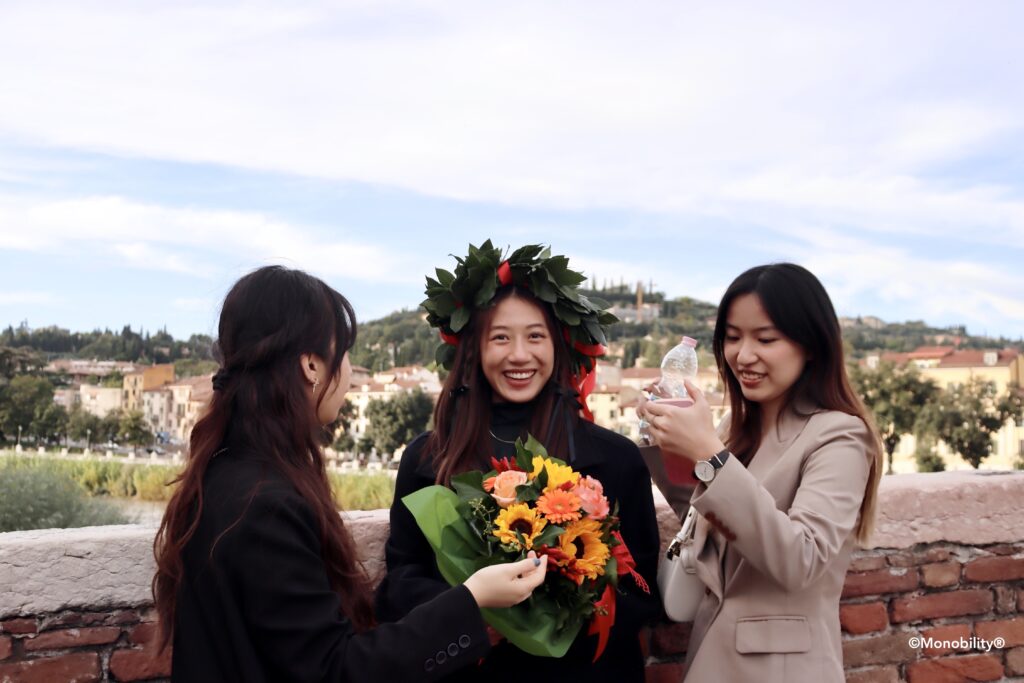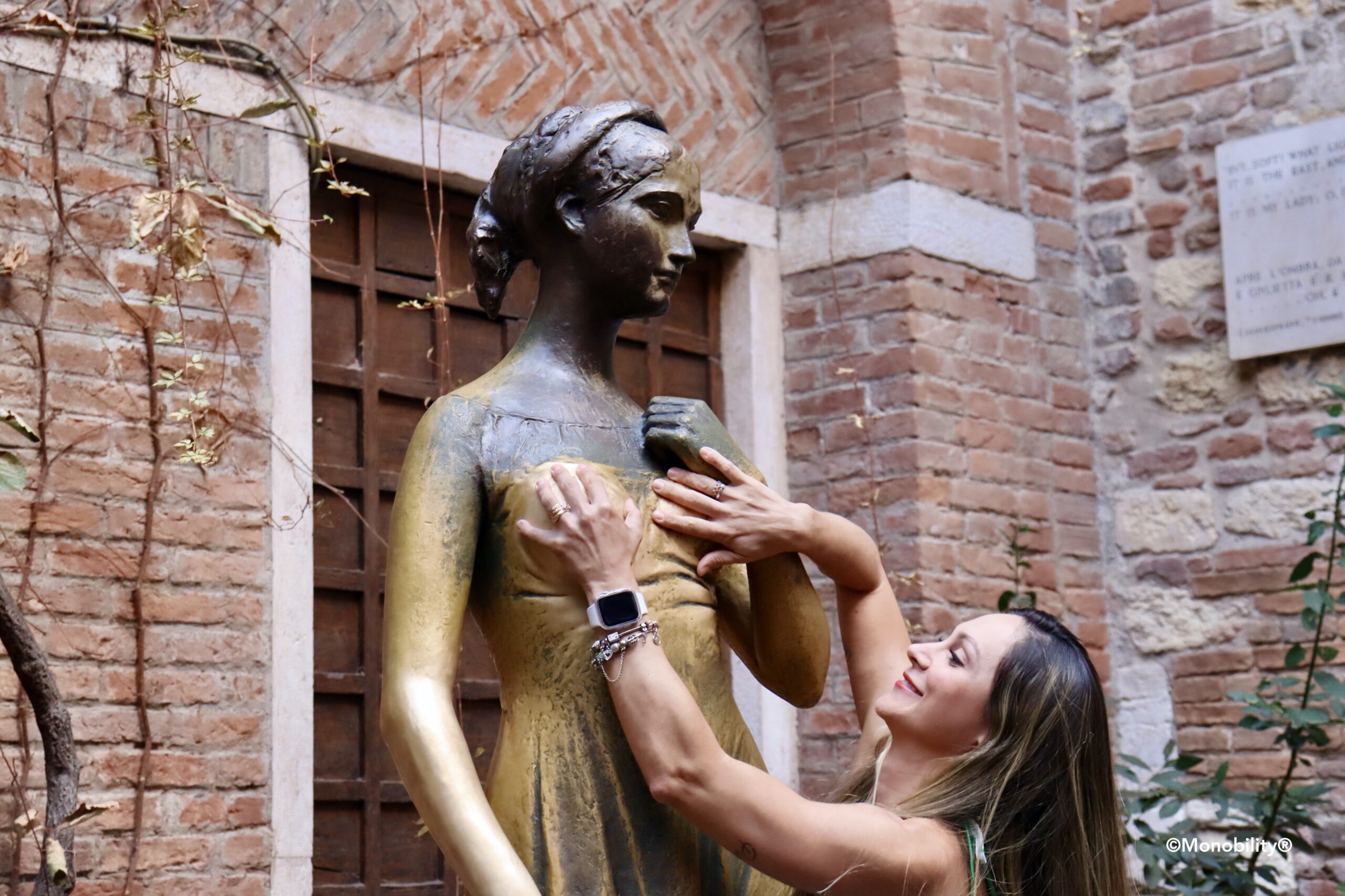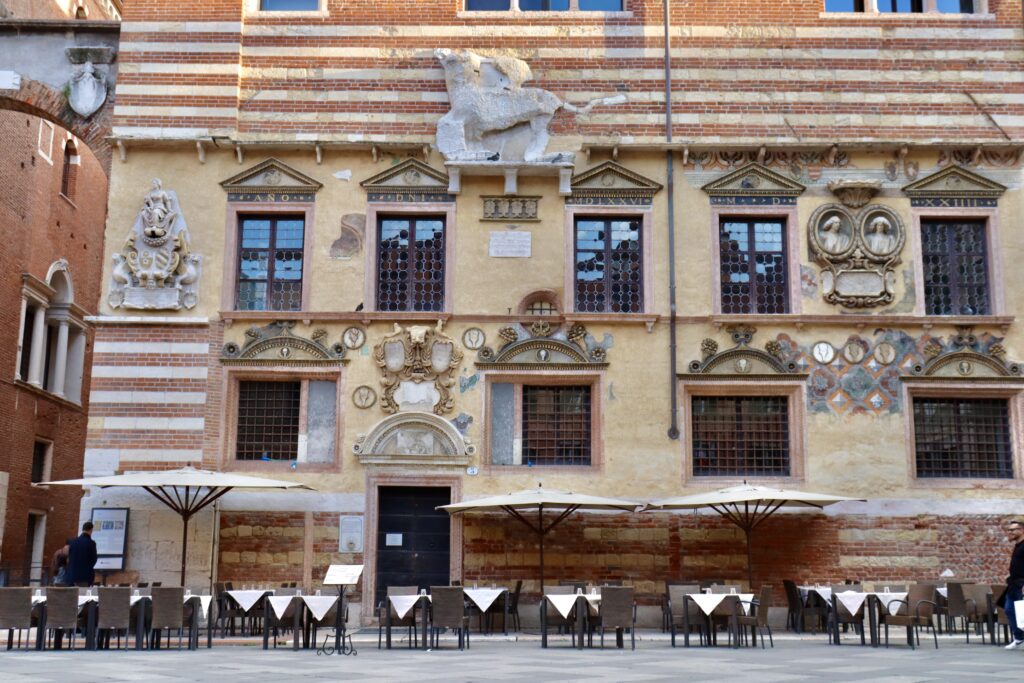There are several different ways to say the adjective “true” in Korean.
1. Attributive (modifying the noun that follows it):
- 진실한 사랑 or 진실된 사랑 true love
- 참된 지식인 true(veritable) intellectual [ adjective 참되다; elegant, often formal ]
- 진짜 사나이 a real man [ informal, casual ]
- 이 가방 진짜 프라다야. This bag is genuine Prada [ informal, casual ]
2. Predicative (modifying the subject of a sentence after a verb):
- 그들의 사랑은 진실했다 Their love was true. [ 진실하다; 진실 is an abtract noun as well, so you can also say “진실이었다”. ]
- 정말이에요! It’s true! [ “what I’m saying is true!” ]
- 진짜? or 정말? Really? [ informal, casual ]
Please note that “정말” is not used as an attributive adjective. Also, “참되다” is rarely used as a predicative adjective.
V69
진실, 참, 정말
true
vrai
vero
verdadero
verdadeiro
wahr
prawda
skutečný
tiesa
правда
𝗥𝗼𝗺𝗲𝗼
O, wilt thou leave me so unsatisfied?
𝗝𝘂𝗹𝗶𝗲𝘁
What satisfaction canst thou have tonight?
The exchange of thy love’s faithful vow for mine.
𝗝𝘂𝗹𝗶𝗲𝘁
I gave thee mine before thou didst request it.
And yet I would it were to give again.
𝗥𝗼𝗺𝗲𝗼
Wouldst thou withdraw it? For what purpose, love?
𝗝𝘂𝗹𝗶𝗲𝘁
But to be frank, and give it thee again,
And yet I wish but for the thing I have.
My bounty is as boundless as the sea,
My love as deep; the more I give to thee,
The more I have, for both are infinite.
– William Shakespeare (bapt. 1564 – 1616), Romeo and Juliet, Act II, Scene 2
Monobility® Group:



